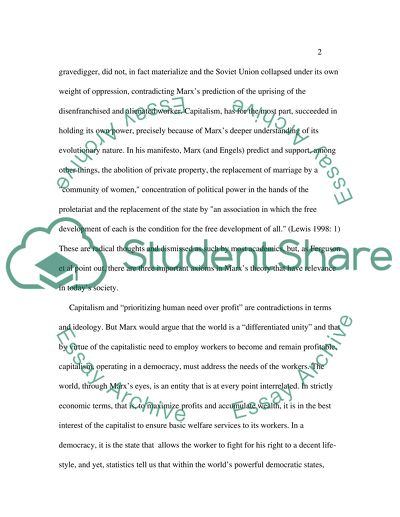Cite this document
(“Welfare and Three Axioms of Classical Marxist Theory Essay”, n.d.)
Welfare and Three Axioms of Classical Marxist Theory Essay. Retrieved from https://studentshare.org/miscellaneous/1503409-welfare-and-three-axioms-of-classical-marxist-theory
Welfare and Three Axioms of Classical Marxist Theory Essay. Retrieved from https://studentshare.org/miscellaneous/1503409-welfare-and-three-axioms-of-classical-marxist-theory
(Welfare and Three Axioms of Classical Marxist Theory Essay)
Welfare and Three Axioms of Classical Marxist Theory Essay. https://studentshare.org/miscellaneous/1503409-welfare-and-three-axioms-of-classical-marxist-theory.
Welfare and Three Axioms of Classical Marxist Theory Essay. https://studentshare.org/miscellaneous/1503409-welfare-and-three-axioms-of-classical-marxist-theory.
“Welfare and Three Axioms of Classical Marxist Theory Essay”, n.d. https://studentshare.org/miscellaneous/1503409-welfare-and-three-axioms-of-classical-marxist-theory.


